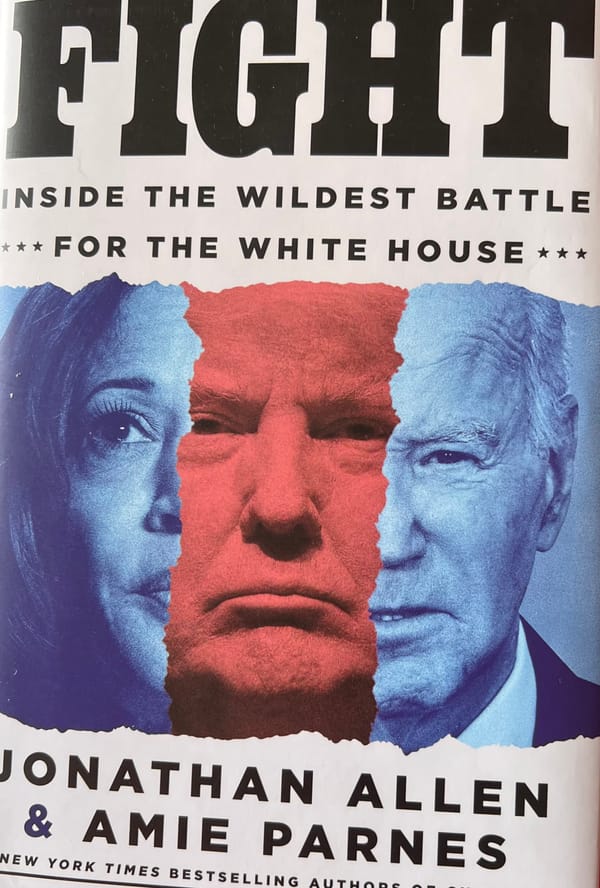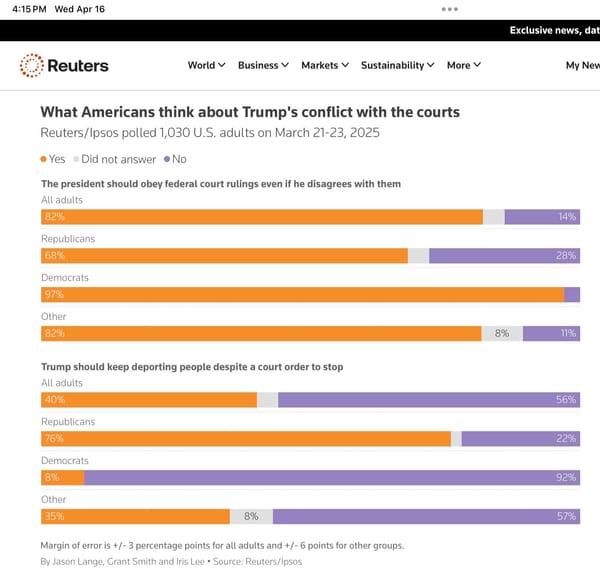Motor voter needs a tuneup
There seems to be a hole, plus unanswered questions, in Gov. Josh Shapiro’s much ballyhooed Automatic Voter Registration (AVR) policy, an updated version of what’s been called motor voter.

City Commissioner Lisa Deeley couldn’t come to the phone
The policy states that any eligible person obtaining a new or renewed driver’s license will automatically be enrolled as a voter, unless they opt out. Under previous policy, those seeking a drivers’ license could opt in to the enrollment program. And that led to some problems, as you will see.
In order to register to vote in Pennsylvania, you have to produce a state-issued ID, such as a driver’s license, proof of residency, and a Social Security number, according to the Philadelphia City Commissioners website. To vote, you must be a citizen.
But a driver’s license is not proof of citizenship, and neither is a Social Security number.
To register to vote online, I was told by Shapiro deputy press secretary Rosie Lapowsky, an applicant must provide scans of the front and back of a driver’s license, or the last four digits of a Social Security number, plus an electronic signature.
Automobile driver’s licenses are issued to foreigners living here legally, and are identical to yours. Noncitizens who work in the U.S. are eligible to enroll in Social Security, according to the SSA website.
Since either document can be obtained by foreigners, these forms of ID seem to open the voting rolls to people who should not be allowed to vote.
This isn’t theoretical. Foreigners have voted in Pennsylvania elections before.
The Inquirer reported the Tom Wolf administration admitted in 2019 that at least 11,000 noncitizens, who live in the state legally, but who are not entitled to vote, were registered to vote.
If they opted in to get on the voting rolls there’s no telling how many made an innocent mistake, and how many deliberately violated the law.
What are the safeguards this time around?
I called Democrat Lisa Deeley, chair of the three-member City Commissioners, which oversees Philadelphia’s elections.
By a great coincidence, I called her on Friday, Sept. 22, while she was in Harrisburg attending a meeting of the Pennsylvania Election Law Advisory Board, which spent part of its nearly two-hour meeting discussing the topic of Shapiro’s AVR policy. The board’s purpose is to study election law and changes.
Deeley declined to speak with me, instead pointing me to a video recording of the meeting. I found her glowing remarks about AVR on the video. I also found other remarks that were not as cheery.
Her videoed remarks said Secretary of State Al Schmidt signed off on the new AVR, and that was good enough for her. Schmidt had served on the City Commission from 2012 to 2022, until Shapiro appointed him to the statewide job, which includes supervising elections.
“Schmidt would not put his name to this if he were not 100% sure,” Deeley said on video.
“It’s rare to make a change this significant that improves voter access and election integrity at the same time,” Schmidt told the Inquirer, which did not report how it improves integrity. In fact, it reported that “some election deniers were quick to falsely claim that the move would endanger the security of Pennsylvania’s elections.”
Falsely? Says who? Why would they say that? Those questions were not answered in the paper’s lackadaisical reporting.
I have nothing but admiration for Republican Schmidt, whom I have known for about a decade, but no one’s perfect. I called him for clarification, and left a message, but he passed me to a flunkie subordinate.
Advisory Board member Jesse David, a lawyer from Indiana, Pa., noted during the meeting that there was no outside verification of a person’s citizenship status.
Deeley said the first question on the paperwork asks if the person is a citizen, and warns that falsely claiming citizenship is a crime.
But the Department of Motor Vehicles does not double check, David said, which opens the door to fraud. He also said the change from opt-in to opt-out was not minor, but “significant.”
Board member Joseph Kantz observed that the automatic opt-in would be problematic for a percentage of the population which resists being pressured into anything by the government.
Deeley herself acknowledged that many people, when faced with forms, don’t pay attention and just click through without even reading.
Shapiro’s announcement said the automatic opt-in will increase the number of registered voters, which it will, according to a study done by the Brenner Center for Justice. The news release predicted “appreciable increases” in turnout, which I asked the governor’s press office to quantify. In other words, predict the increased numbers. I never got an answer.
As far as turnout, the Sept. 19 Inquirer reported “there is little evidence that it increases the number of people who vote in an election,” citing a Public Policy Institute of California study. In fact, the Inquirer said, there was “a decrease in voter turnout.”
May I say, WTF?
If the policy doesn’t actually increase voter turnout, why is it being touted as some kind of panacea? Is this some kind of a feel-good shell game?
During the advisory board meeting, a question was raised as to whether Shapiro actually had the authority to make the opt-in change.
“We will look into this,” said Deeley.
I asked the governor’s press office if he had the authority to change from opt-in to opt-out.
Shapiro spokesman Manuel Bonder replied, “It is abundantly clear that this common sense step to securely streamline voter registration and enhance election security is within the governor’s authority.”
If it is that self-evident, how come Deeley didn’t know that?
AVR is authorized by federal and state law, but my question was not about the law itself, but the governor's right to implement change from opt-in to opt-out.
I am uncertain.
After 10 days of dealing with the governor's office, the state department and PennDOT, there are other questions that remain unanswered.
- What was the original flaw and how was it fixed?
- What makes the new process foolproof?
- How does the new process guarantee election security?
- Especially when registering to vote online?
Voter registration should be made as easy as possible, sure, but not so easy as to invite fraud, as has happened in the past.
Here’s a disheartening fact: Over the past three decades numerous moves have been made to make it “easier” to vote — voting that can be done in person in advance of Election Day, polls that are open 24 hours, mail-in ballots, drop boxes, weekend voting, a really long list.
And yet turnout percentage remains abysmal — in the 50s since 1972, with a few exceptions.
Those exceptions were elections with historic characters: The first Black candidate, Barack Obama, rang up 61.6% in 2008 (the first year he ran.) His second election dipped to 58.6% in 2012. The novelty was gone.
In 2016, the Donald J. Trump candidacy produced turnout of 60.1%, then climbed in 2020 to a modern record of 62% (Richard M. Nixon hit 62.5% in 1968) because Trump motivated voters on both sides of the aisle — by harnessing both love and hate.
I expect 2024 to go even higher, and not because of motor voter.
There is lagging interest in voting, but the lack of interest is not because voting is ”too hard.”
The root of the disinterest lies elsewhere, perhaps in the quality of the candidates.



